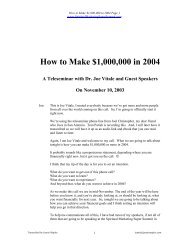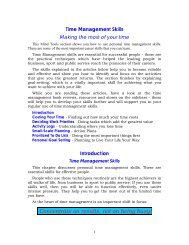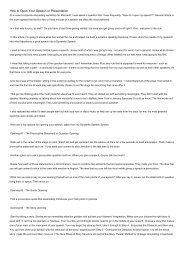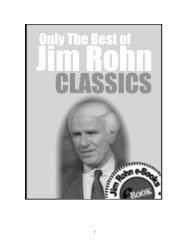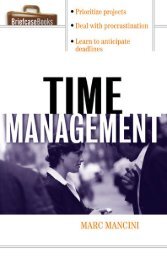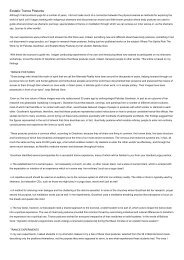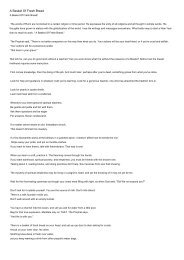Executive Coaching - A Guide For The HR Professional.pdf
Executive Coaching - A Guide For The HR Professional.pdf
Executive Coaching - A Guide For The HR Professional.pdf
Create successful ePaper yourself
Turn your PDF publications into a flip-book with our unique Google optimized e-Paper software.
<strong>Executive</strong> Breakaway Section 205<br />
.................................<br />
thing as a dumb, honest question. All first-timers have questions,<br />
whatever it is they are doing. Often some of the early inquiries “get<br />
the ball rolling” and lead right into important areas for further discussion.<br />
By asking your questions without letting them simmer, you<br />
will feel more comfortable and build trust with your coach. Trust<br />
between people is built slowly over a series of many interactions, so<br />
your early experiences with your coach are critical for establishing a<br />
strong relationship. You will want to feel reassured that your<br />
coach “has what it takes” to guide you through the journey of selfexploration<br />
and personal development.<br />
<strong>Coaching</strong> engagements evolve over time. <strong>The</strong>re’s no way to<br />
know exactly how things will progress or whether revisions will be<br />
needed in the ground rules, the goals, or the methods. Feel free to<br />
talk about these with your coach.<br />
Taking Responsibility<br />
You owe it to yourself to take responsibility for the coaching-related<br />
changes. After all, it’s your life! You should be the “owner” of the<br />
goals for the coaching and for the steps for achieving them. When<br />
these are reasonably clear in your mind, then move forward boldly.<br />
Accept feedback from whatever sources—assessment instruments,<br />
official appraisals, informal comments, your coach’s interviews—<br />
and make good use of it. Try new ways of doing things. Get feedback<br />
from people who saw you do things differently. Learn what<br />
helps and what doesn’t. Your coach can serve as a catalyst, but ultimately<br />
it is only you who can make change happen.<br />
<strong>Coaching</strong> requires that you give voice to your thoughts, hopes,<br />
and feelings. If this is not something you normally do, then at first<br />
you may feel as if you are exercising an unused muscle. Allow yourself<br />
to work through this and keep going. It comes more easily when<br />
<strong>Executive</strong> <strong>Coaching</strong>. Copyright © 2005 by John Wiley & Sons, Inc. Reproduced by<br />
permission of Pfeiffer, an Imprint of Wiley. www.pfeiffer.com






